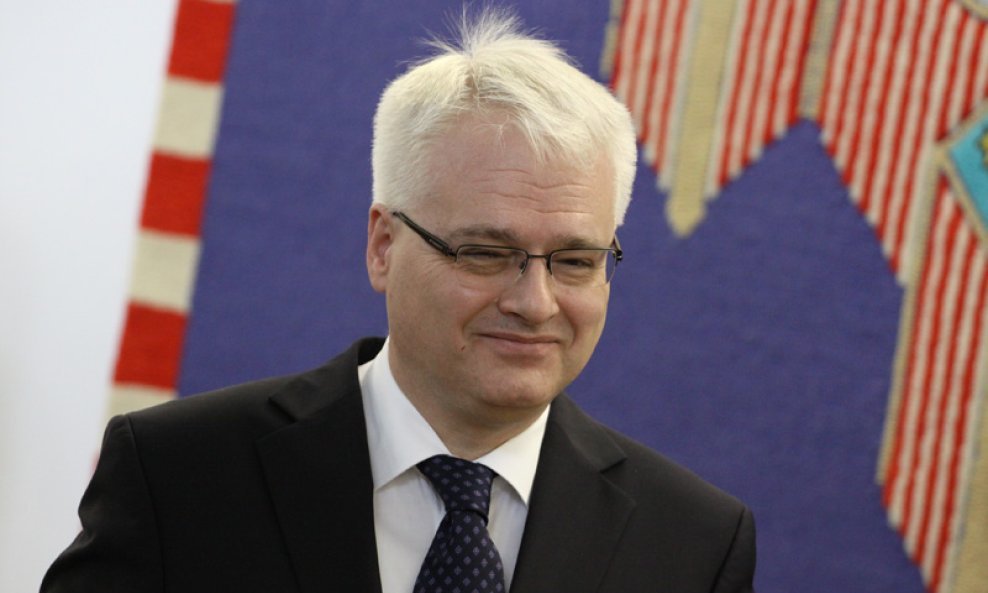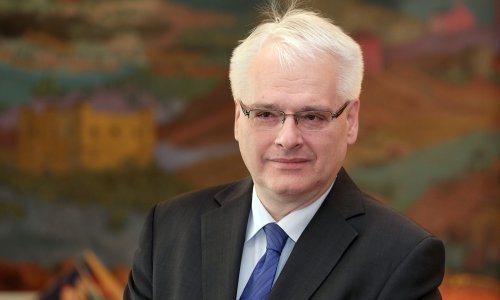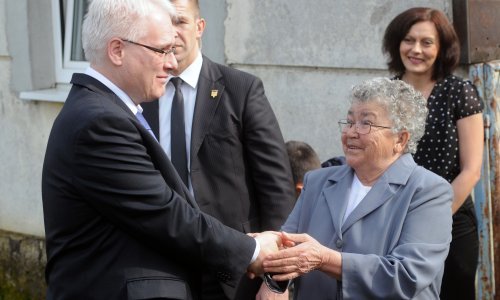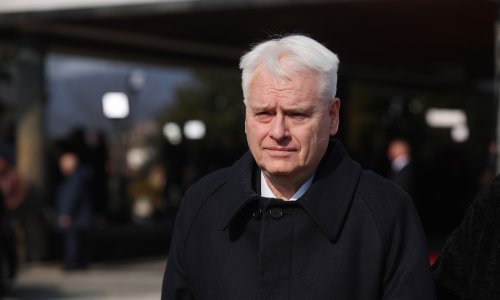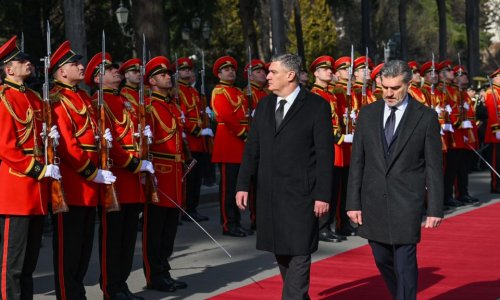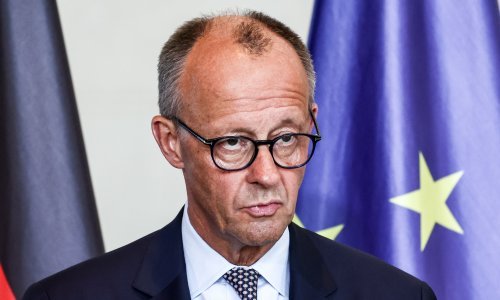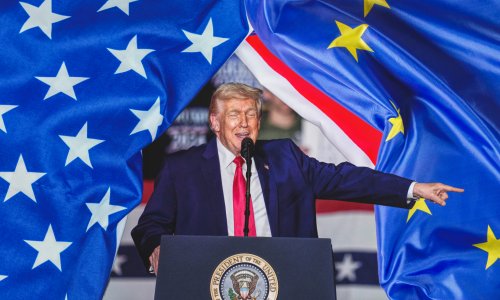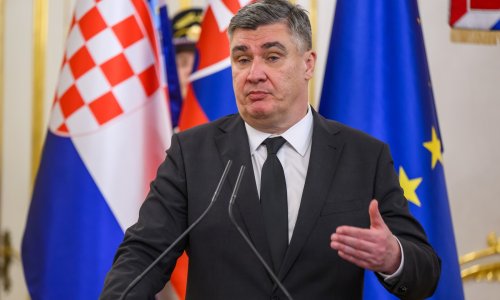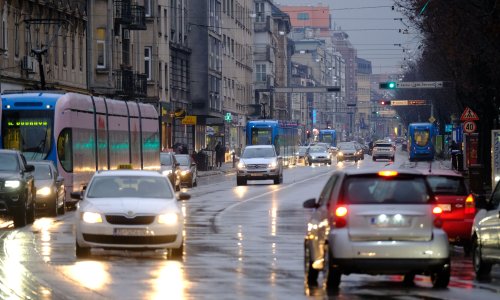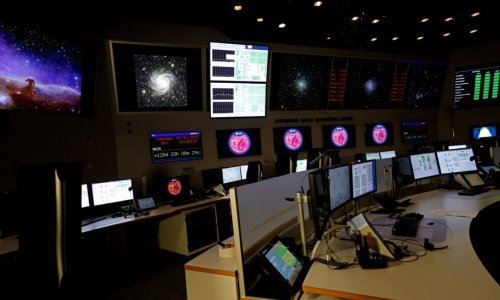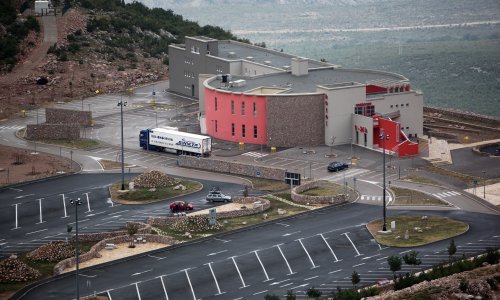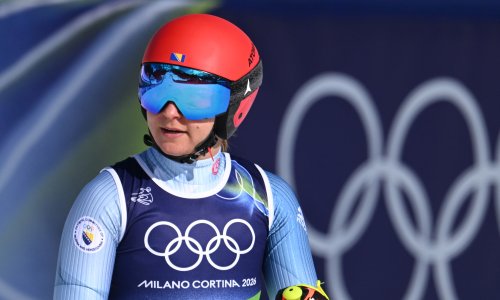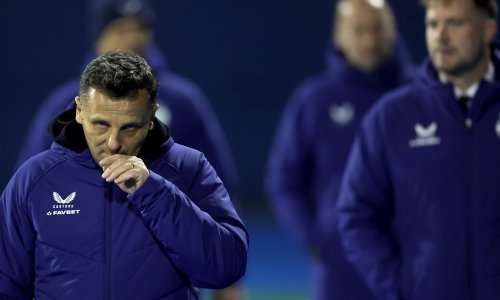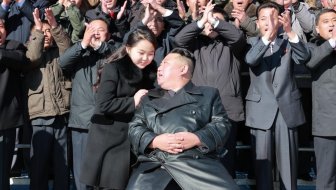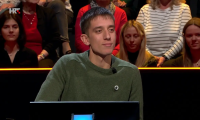Croatia is the hostage of the mistrust of the Hague war crimes tribunal because of its former policy that created the impression that Croatia was hiding military documents wanted by the prosecution, and it is unjust to obstruct Croatia on its path towards European Union membership over the past that cannot be undone, President Ivo Josipovic said in Zagreb on Thursday at an international conference on the legacy of the International Criminal Tribunal for the former Yugoslavia (ICTY).
The president said that no one was hiding the requested military documents, adding that a mistake was made ten years ago when people, who were not entitled to it, were granted access to those documents.
He said that the mistrust towards Croatia was caused by political and not legal reasons. "It is unjust to obstruct a country on its path to the EU because of the past that cannot be remedied," he said.
Speaking as a professor of international law and head of state, Josipovic described the work of the tribunal, established in 1993, as generally positive, but criticised its ambition to establish the historical truth, saying that that was not the task of a court, but of historians.
"That ambition has harmed the tribunal and international justice," said Josipovic, who has dealt with the ICTY as an activist of non-governmental organisations, a law professor, an opposition politician and currently as the President of Croatia.
According to Josipovic, this has created the impression that the tribunal is politicised and that it spends a lot of time on unproductive testimonies of witnesses who incorrectly interpreted the history of the Balkans and Europe.
Josipovic said that in his opinion the most important legacy of the ICTY was its impact on the societies of the countries of the former Yugoslavia which learned the historical truth that "our people" had also committed war crimes.
"We in Croatia defended the country, but that doesn't mean that no crimes were committed on our side. The ICTY has helped us realise this historical truth," Josipovic said.
Recalling that he himself had been accused of being an agent of the ICTY writing indictments against Croats for big bucks, Josipovic said that the establishment of the tribunal had been welcomed in Croatia "with an open heart", but with expectations that it would try others. He said that the Croatian leadership at the time had initiated its establishment and had cooperated with the tribunal "but with ulterior motives".
Josipovic said that the tribunal, which should close down in 2014, only partly managed to satisfy the victims of war crimes, but had not delivered a single verdict awarding financial compensation to victims.
ICTY judge Howard Morrison stressed the importance of a fair trial.
Everyone should leave the tribunal with the feeling that the trial was fair. That's hard to achieve and many leave with a feeling of injustice, Morrison said.
Morrison said he did not want to apologise for the mistakes of a court that started from scratch and whose practice was changing all the time.
I hope we will become better, said Morrison, who is involved in the trial of former Bosnian Serb leader Radovan Karadzic.
Morrison described the cooperation between the countries in the region as excellent, saying that he personally had no doubts about the sincerity of their cooperation.



